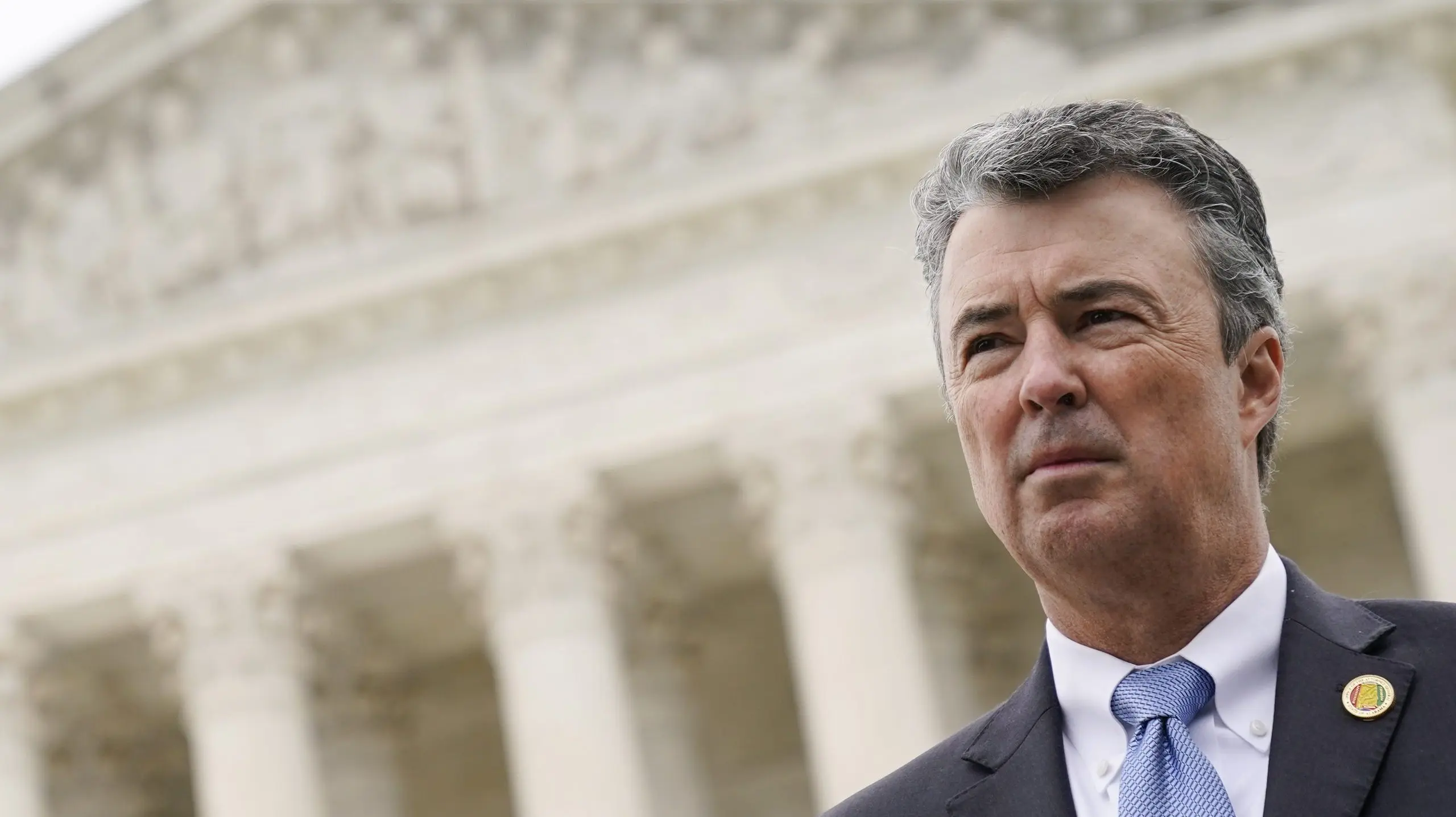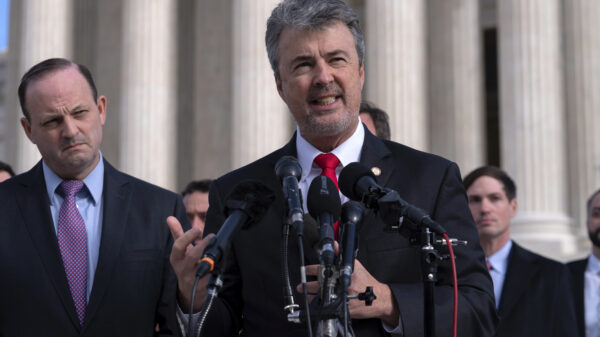The U.S. Supreme Court recently heard oral arguments in Louisiana v. Callais and Robinson v. Callais, two consolidated cases challenging Louisiana’s latest congressional map over the state’s creation of a second majority-Black district. While Louisiana was ordered by a federal court to create that new district in adherence with Section 2 of the Voting Rights Act in the wake of the 2020 census, a group of “non-African American” voters is challenging that order, arguing that it is an unconstitutional racial gerrymander.
Now, it is up to SCOTUS to answer the question of whether Louisiana’s second majority-Black district is unconstitutional because race was a predominant factor in its creation. The court is expected to make a ruling on the consolidated cases at some point this summer, and when that ruling is made, it could have significant implications for Alabama.
In a case very similar to Louisiana’s, a panel of three federal judges recently ruled that Alabama’s proposed 2023 congressional map was intentionally drawn by the Republican state legislature to dilute the voting power of Black Alabamians. That ruling effectively preserves Alabama’s current, independently-drawn congressional map which a federal court put in place in 2024 to create a second majority-Black district in the state, CD-2.
However, that entire battle could be relitigated if SCOTUS ultimately sides with Louisiana.
In a recent appearance on PBS’s “Capitol Journal,” Alabama Attorney General Steve Marshall commented on how Louisiana’s case could impact Alabama’s own redistricting litigation.
“The Louisiana case is really contingent on how broadly or how narrowly the court addresses the claims there. Specifically, Louisiana says as a result of the district court order that they had to draw a district that was primarily defined by race, that that was the instrumental reason as to how those boundaries were defined, not some of the sort of common areas that we’ve looked in drawing lines in the past, like communities of interest, for example, or economic connection of those localities,” Marshall said.
“And so to the extent that the Supreme Court weighs in very broadly in those arguments, then I think it will absolutely have an impact on what’s going on here in Alabama, and we could see, for example, the Supreme Court ask for the three-judge panel to review their recent order in light of whatever that decision is,” he continued. “But if in fact they come back with a very narrow and tailored ruling that’s very specific to some of the arguments in Louisiana that don’t have overlap, then in fact we won’t see that have much of an impact. So I think everybody on both sides of that case are looking to see what the Supreme Court does, and depending on how broadly they rule, it very much could have an impact on what’s moving in Alabama.”
Marshall also made brief mention of other litigation that could impact Alabama’s redistricting processes, specifically citing a recent ruling by the 8th Circuit Court of Appeals which found that private individuals and groups cannot sue under Section 2 of the VRA.
“What we lose sight of the fact is that the law surrounding the Voting Rights Act continues to evolve,” Marshall said. “We’ve had a decision just as recently as the last couple of weeks out of the 8th Circuit that is concluded in a majority decision there that there’s no private right of action under the Voting Rights Act. If, in fact, that becomes the law of the land across the United States, right now it’s limited to the 8th Circuit, that would have a dramatic impact on Alabama’s case because we have private parties that are pursuing this action right now. That’s a defense that we’ve raised in Alabama’s case. So far, the three-judge panel has rejected that. But that’s an issue that’s going to, I think, make its way eventually to the Supreme Court because of the circuit split that we have out there.”














































